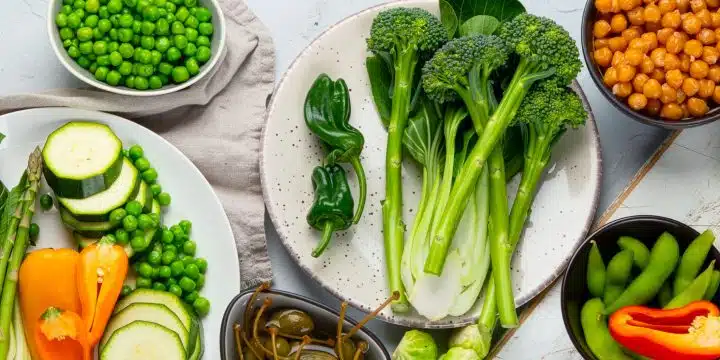Fennel – a cherished ingredient in Italian cuisine – has been enjoyed for generations. With its unique appearance resembling a bunch of celery that has been run over by a truck, topped with delicate, feathery leaves, fennel is hard to miss. Its distinctive liquorice-like flavour often surprises people, adding a bold and aromatic twist to dishes and beverages. Pairing it with dill can elevate the flavour even further, as both herbs share a similar, fragrant profile. Fennel is incredibly versatile: it’s a delicious addition to salads, delightful when baked, and a surprising yet wonderful ingredient in juices.
Health Benefits of Fennel
Fennel belongs to the same family as celery and offers a range of health-boosting properties. Packed with provitamin A and vitamins B and C, fennel is also a rich source of calcium, sulphur, and iron. These nutrients contribute to a host of health benefits, making fennel a valuable addition to any diet. For example, when mixed with carrot juice, fennel is thought to help combat night blindness and other eye disorders, thanks to its high vitamin A content. Adding beet juice to a carrot-fennel blend transforms it into a potent blood strengthener, which is especially beneficial for menstruating women, as it may help with energy and iron levels.
Fennel also supports digestion. One of my favourite combinations is fennel and apple juice, which creates a magnificent drink that works wonders for indigestion and upset stomachs. The natural compounds in fennel, such as anethole, are known for their calming effects on the digestive system. Moreover, fennel has long been used to relieve symptoms of bloating, cramps, and even migraines, thanks to its anti-inflammatory and muscle-relaxing properties.
Culinary Uses
Beyond its health benefits, fennel’s culinary versatility makes it a kitchen staple. You can slice the bulb thinly and toss it into fresh salads for a crisp, refreshing crunch, or roast it with a drizzle of olive oil to bring out its natural sweetness. Fennel’s feathery fronds are perfect for garnishing dishes, adding a delicate flavour that enhances soups, roasted vegetables, or seafood. If you’re feeling adventurous, try adding fennel to your next juice blend — the liquorice notes pair beautifully with sweet fruits like oranges or earthy vegetables like carrots.
Buying and Storing Fennel
When selecting fennel at the market, always choose bulbs with vibrant, healthy leaves still attached. The bulb should be firm, crisp, and bright white, with no signs of yellowing or wilting. Just like celery, fennel should be stored in the refrigerator and used within a week or so to maintain its freshness. If you want to keep the fronds for garnishing, trim and store them separately in an airtight container with a damp paper towel to prolong their shelf life.
Whether you’re looking to add an aromatic twist to your dishes or hoping to reap its health benefits, fennel is a star ingredient worth exploring. Its distinctive flavour and wealth of nutrients make it a valuable addition to both your kitchen and your wellness routine. So next time you’re grocery shopping, consider picking up this under appreciated vegetable and experimenting with its unique taste!
Want to Learn More About Juicing?
For over 20 years, I’ve been a passionate advocate for juicing, earning the nickname “The Queen of Juicing” among my friends. If you’re curious about how juicing can transform your health – think clearer skin, better energy, improved digestion, and mental clarity – I’d love to share my knowledge. Just head over to my Juicing page, you’ll find everything you need to get started: the benefits of juicing, equipment recommendations, and a library of nutrient-packed recipes. Or why not sign up for my 6 Day Detox juicing plan? With step-by-step guidance, daily support, and mouth-watering recipes, it’s the perfect way to kick-start your health journey. Head over to the Juicing page to learn more or click below to sign up today!
Share this post


